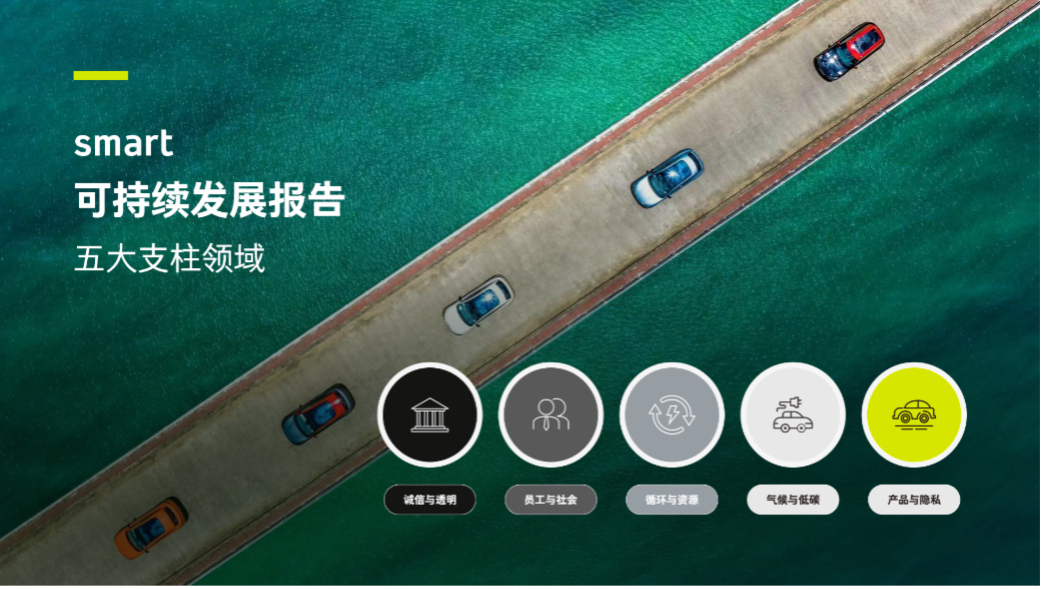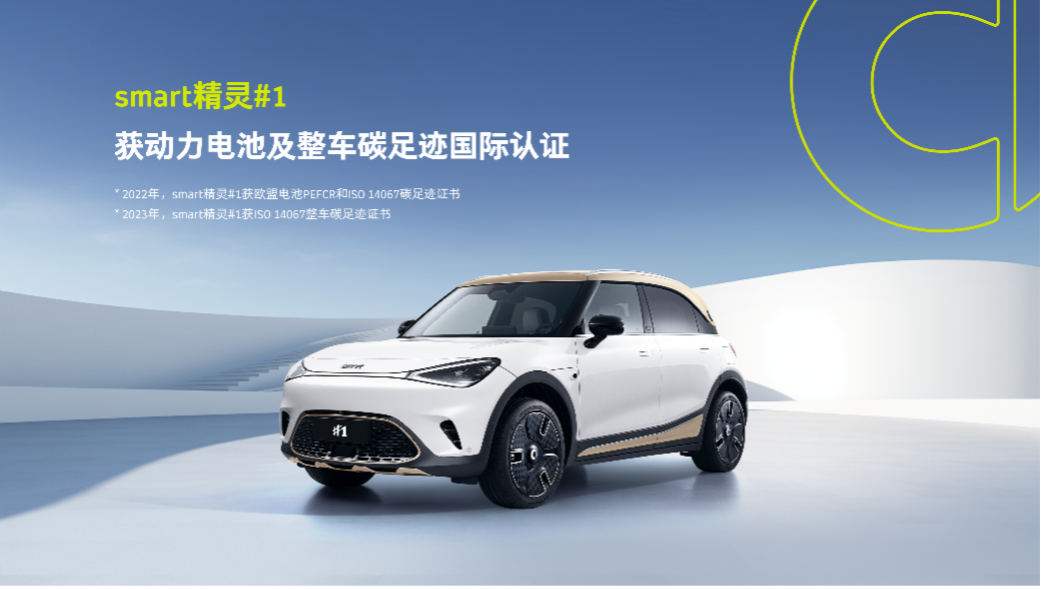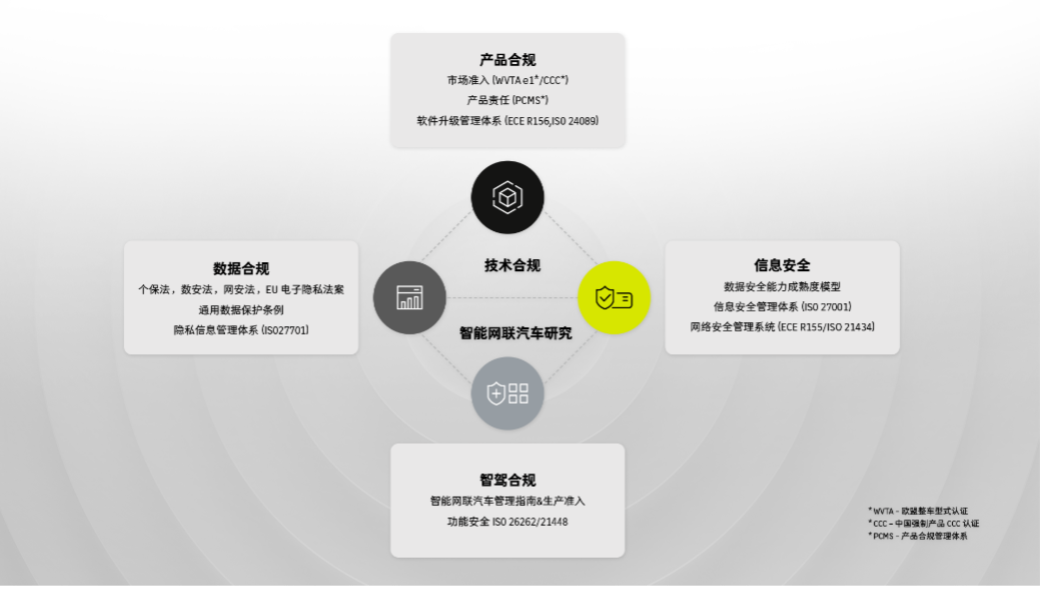On December 21, Smart released its latest “Sustainability Report”. In this report, Smart detailed its efforts and future plans to promote sustainable development, highlighting the brand’s transition from traditional gasoline vehicles to electric vehicles, with reducing carbon emissions as a core aim in its business operations.

In terms of low-carbon management, Smart displayed measures in managing carbon footprints of its power batteries and the entire vehicle, all of which are verified based on the internationally recognized ISO 14067 standards. This aspect showcases Smart’s commitment to reducing environmental impact, and also reflects its transparency and sense of responsibility in product life cycle management.

Data responsibility is another key component of Smart’s sustainable development strategy. Smart has established an information and cybersecurity management system and has successfully obtained certifications under ISO/IEC 27001 and ISO/IEC 27701, representing Smart’s high-standard efforts and commitment to protect user data and privacy.
The report also emphasized Smart’s sustainable practices in its global operations, including the integration of the EVERUS philosophy in its expansion into global markets, as well as enriching its array of electric products. Smart’s strategic move is not just aimed at driving innovation in its product development but is also devoted to supporting the development of the circular economy, to minimize environmental impacts across its entire value chain.

Smart’s ultimate goal is to offer carbon-neutral electric vehicles by 2045. Smart encourages its employees, customers, and the community to participate in practices promoting sustainable development, in order to achieve our shared environmental goals.
Overall, Smart emphasises the proactive measures it can take as a vehicle manufacturer to push for environmental protection and social responsibility. As global attention towards sustainable development increases, Smart will continue to promote global energy transformation and carbon neutrality.
This article is a translation by AI of a Chinese report from 42HOW. If you have any questions about it, please email bd@42how.com.
